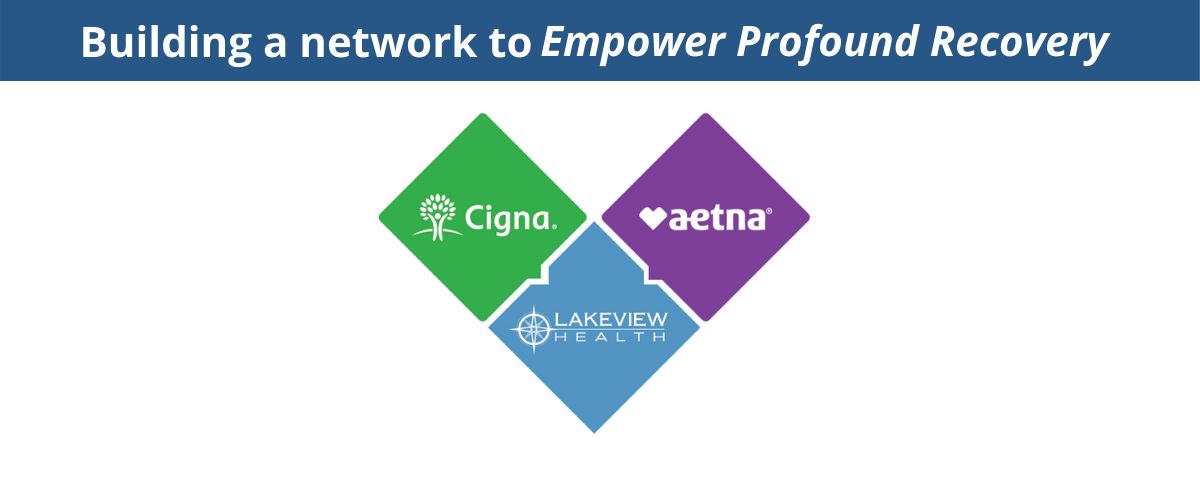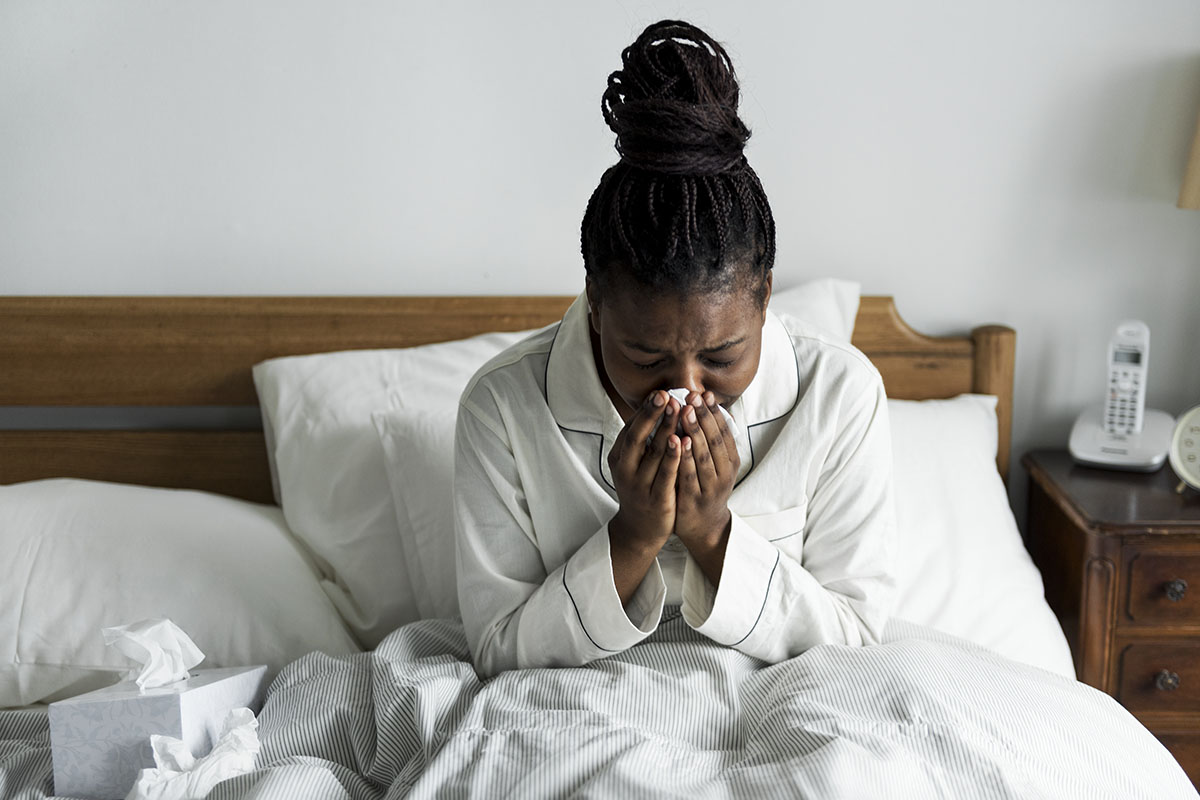The national opioid addiction crisis has not bypassed communities in northern Texas. In 2014, Dallas County had the second-highest overdose rate from opiate addiction in Texas after Nueces County. The situation in Tarrant County was only marginally better than in neighboring Dallas County. “Heroin and meth made big comebacks in the area recently, and—as elsewhere in the country—there is a problem with prescription opioids,” says Kylie Hughitt, who formerly represented Lakeview Health in northern Texas. The situation had significantly improved after the implementation of the state’s 2010 pill mill law which led to reductions in opioid dosage, prescriptions, and pills dispensed within Texas. However, drug overdose deaths in the state continued to increase; six percent more people died of a drug overdose in 2015 than in 2013. Hughitt works with hospitals, therapists, and families in the Dallas–Fort Worth metroplex to get people with substance use disorders into treatment. “Very often, people have been to several rehabs before they decide in earnest to get sober. By then, they tend to have exhausted all the good local options, which haven’t worked for them,” says Hughitt. The comprehensive, high-quality treatment at Lakeview Health might be the right place for them even, though that means traveling to a different state.
“Sometimes, we tell people that, if you have cancer, you probably want treatment at one of the best cancer centers in the country. So, you go to MD Anderson in Houston, even if you are not from Texas. Lakeview Health has one of the best addiction treatment programs in the country.”
– Kylie Hughitt, former Client Services Representative, Lakeview Health
While some people might still struggle with the idea that addiction is a disease, many others are beginning to accept that it is just like other medical conditions. And while there are plenty of treatment centers in Texas, it is not unusual to seek treatment for a complicated illness away from home. In order to raise awareness and help reduce the stigma of addiction, Hughitt works with local nonprofit organizations like Recovery Resource Council in Fort Worth and Winning the Fight in Flower Mound. The Recovery Resource Council helps link substance abuse services with the adults, youth, and families who need their help. Since its inception in 1957, Recovery Resource Council has become a recognized leader in northern Texas in the fields of outreach, intervention, and prevention. Winning The Fight also provides drug education, support, and relevant resources to youth and families suffering from addiction. In April, Health and Human Services Secretary Tom Price announced that HHS will soon provide $485 million in grants to help states and territories combat opioid addiction. As part of the 21st Century Cures Act funding, $27 million will be allocated to Texas. HHS has prioritized five specific strategies to combat the ongoing opioid crisis: strengthening public health surveillance, advancing the practice of pain management, improving access to treatment and recovery services, targeting availability and distribution of overdose-reversing drugs, and supporting cutting-edge research. Providing increased access to treatment and recovery services will only have an impact if the treatment is addressing the needs of the individual patient with effective therapies. Many people with a substance use disorder have traumatic experiences in their past or suffer from other co-occurring conditions. If these factors are left untreated, the likelihood of a relapse increases. All staff at Lakeview Health have been trained in trauma-informed care, and patients can also benefit from gender-responsive treatment. “Lakeview Health’s five levels of care will give patients the best possible start into recovery,” says Hughitt about Lakeview Health’s drug treatment programs. Residential treatment is just the beginning. Hughitt also works closely with the aftercare coordinators in Florida to make sure Lakeview Health alumni return to continuing therapy and a healthy, sober environment back home in Texas.




